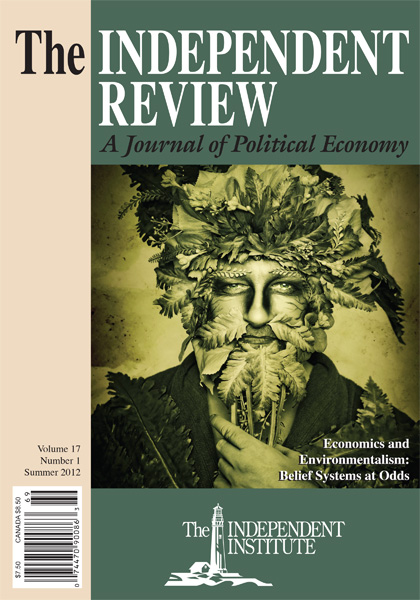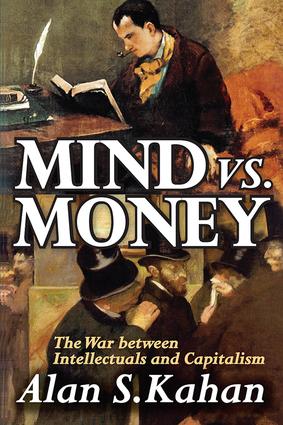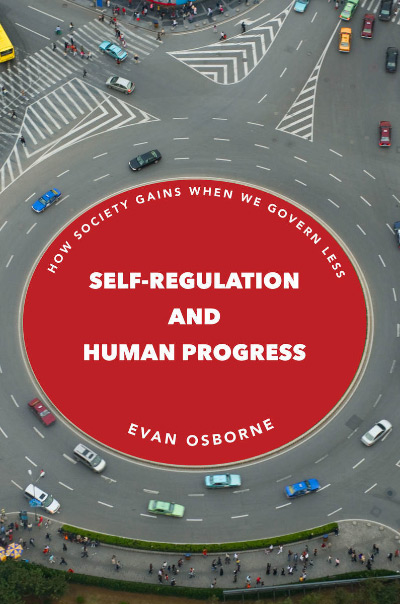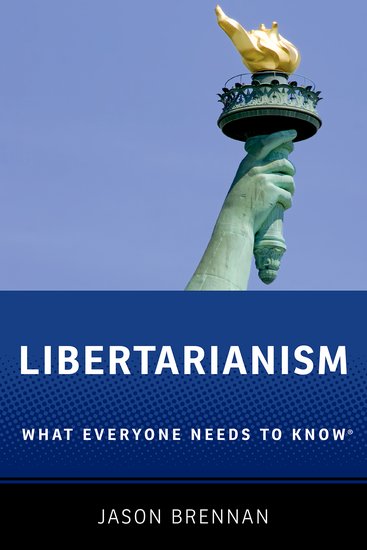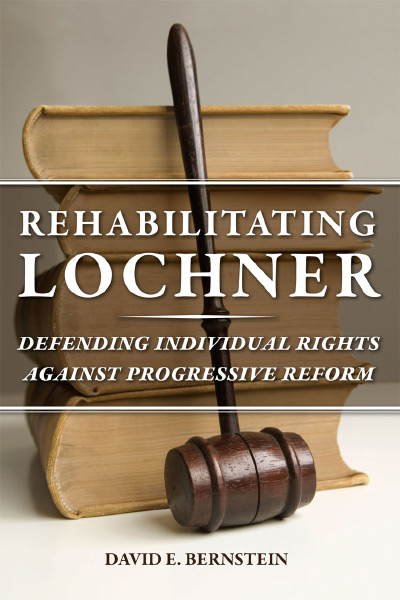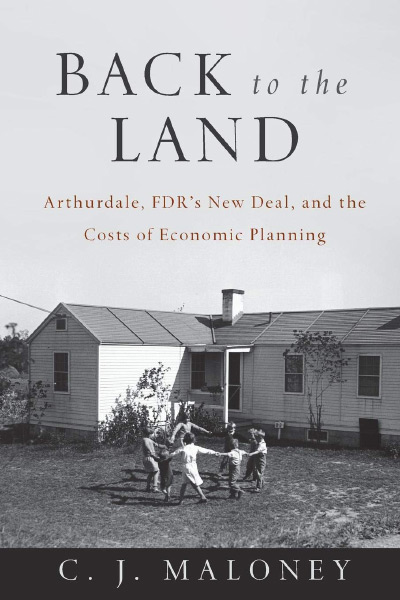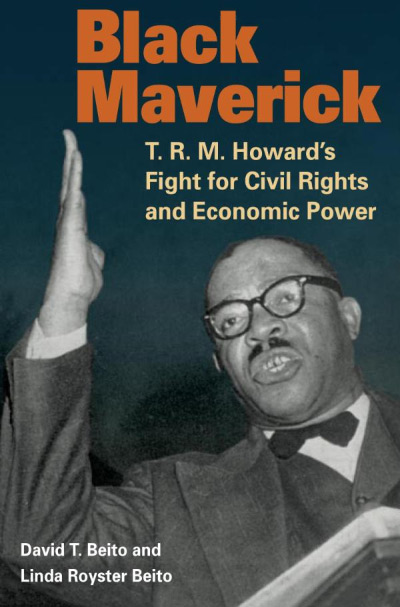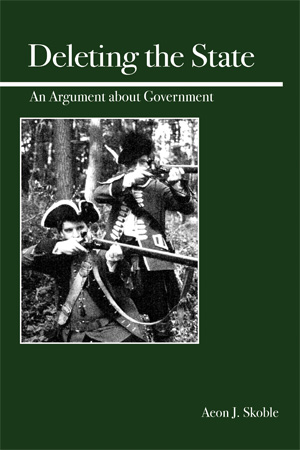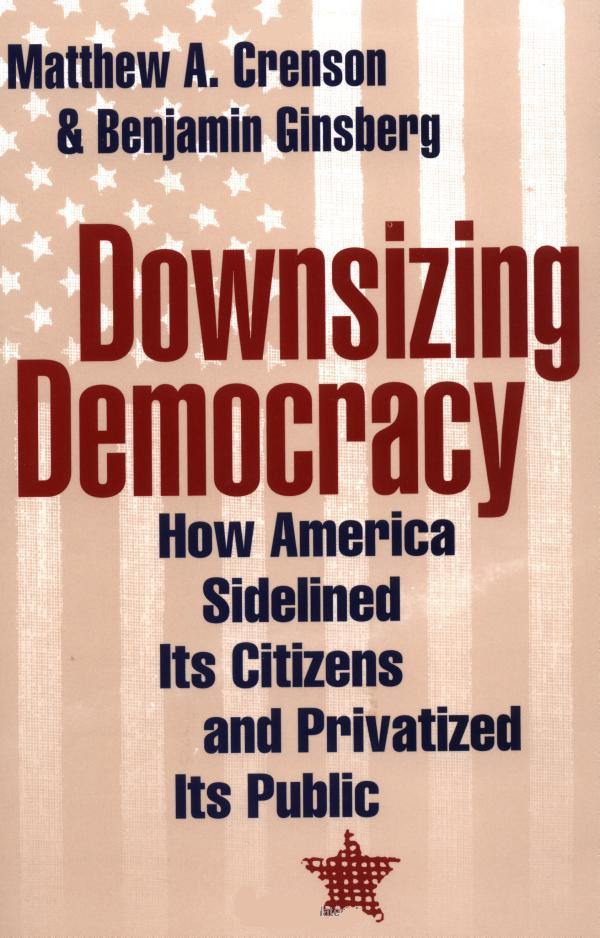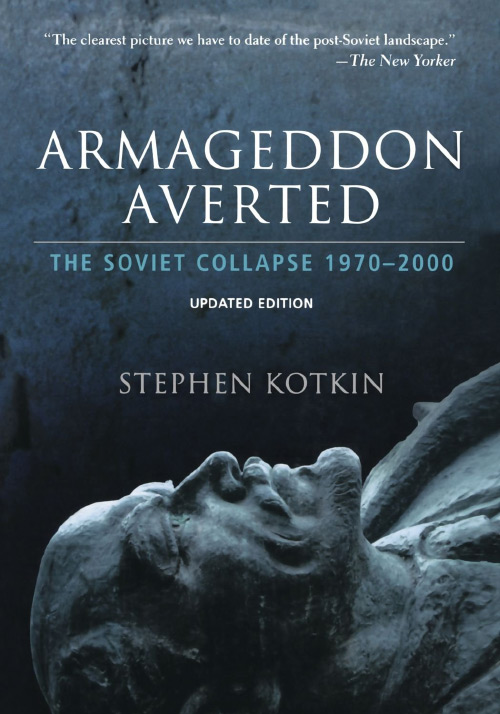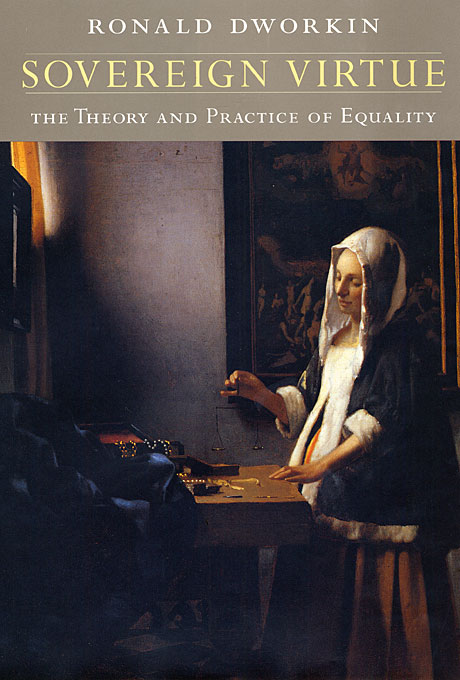Are intellectuals, as Alan Kahan suggests in this excellent book Mind vs. Money, at war with capitalism? Certainly he is right that for “the past 150 years, numerous Western intellectuals have trumpeted their contempt for capitalism and capitalists” (p. 3). Why have they done so? In answering, Kahan appeals principally to values and psychology: intellectuals hold different values from those that prevail under capitalism, and their method of thought is largely exclusive to themselves.
Intellectuals, he tells us, try to provide reasons for their views and values. “Intellectuals,whether they speak English, French, or German, use a special kind of language: careful critical discourse (CCD). In CCD, if you say something, you must be prepared to prove it by giving reasons, not by appeals to higher authority. . . . If you don’t talk right, intellectuals will look down on you because you are not using CCD to justify your actions or beliefs” (pp. 7–8).
But why should thinking critically lead to hostility to capitalism? Kahan responds that thinkers naturally value their own activity more than the occupations of their less cerebral brethren. In particular, from the time of the ancient Greeks, thinkers have looked down on money making. Kahan distinguishes three ways of holding money in disdain, “the Three Don’ts,” with a fourth supplementary one thrown in for good measure.
The first Don’t recognizes that sufficient money is needed to live a good life but nonetheless disdains commerce: “Don’t Make Money (Just Have It)” (p. 31). If this mandate brings to mind Plato and Aristotle, the next has an altogether different origin. “Don’t Have Money (Give It to the Poor)” (p. 42) inevitably recalls the teachings of Jesus in the Gospels. Though few have been able to adhere in full to the rigors of this precept, its influence has been vast. Kahan’s final Don’t has a more modern ring. “Don’t Have or Make More Money Than Others Do (It’s Not Fair)” (p. 54) encapsulates a view that anyone interested in contemporary political philosophy will recognize. Even if no one had ever been poor, we would not have escaped this mandate’s requirements.
Kahan also calls attention to another view, less influential than his three Don’ts, that also led intellectuals to oppose capitalism. “Don’t Make Money, Take It and Spend It” (p. 53). He calls this Don’t the “Duke’s Don’t” because it often guided the behavior of aristocrats. But if it did so, one might ask, why is this precept relevant to explaining the intellectuals’ attitude? Kahan stands ready with a response. Intellectuals, owing to their high regard for their own pursuits, often consider themselves an aristocracy and ape nobles’ manners.
Even if Kahan is right that intellectuals have often been shaped by these Don’ts, must this influence lead to hostility to capitalism? Can one not hold that, however problematic getting and spending money may be, we nevertheless need a free market? Does not society function better with capitalism, whatever its moral failings, than with any alternative system?
That is indeed a possible response to the Don’ts, and in the early years of capitalism it was more than a bare possibility. It was precisely the line that Adam Smith, David Hume, Baron Montesquieu, and Benjamin Constant, among others, adopted. “Along with freedom, another political benefit [that] intellectuals [in the period 1730 –1830] expected from capitalism was peace. Capitalism led to peace because peace was more profitable than war, and trade had taught men to control their other passions in the name of gain” (p. 73).
However strong the classical liberals’ arguments may have been, they eventually lost favor among the intellectual elite. One of the strongest features of Kahan’s book is his detailed account of the views of a number of capitalism’s opponents who unfortunately supplanted their more capitalistically inclined predecessors.
If one thinks of critics of capitalism, Oscar Wilde is probably not the first one that comes to mind, but the bohemian Wilde perfectly exemplifies an influential way of attacking the market on the grounds that it subordinates art and the cultivation of personality to commercial concerns. “Wilde’s ideal is the cultivation of the individual personality. The problem with private property is that it makes this doubly impossible, first by an unequal distribution of wealth, and worse, by a misguided system of values. Poor rich folk, says Wilde, their property prevents them from cultivating their intellect” (p. 123).
Kahan rightly draws attention to Ferdinand Toennies, hardly as well known as Karl Marx, but nevertheless of major significance. Toennies’s contrast between community and society, with its hearkening back to a lost order of society that the ruthless market displaced, won him wide acclaim and influence. “What is the difference between community and society? Community is based on the family, the village, and the town. It is idyllic. . . . If commerce is incompatible with community, this means it is incompatible with happiness. Again and again Toennies comes back to the point that society transforms us all into isolated individuals at war with one another” (pp. 147– 48).
Another important figure to whom Kahan draws attention is the French personalist Emmanuel Mounier. Mounier’s antipathy to the alleged ills of capitalism led him to look with considerable longing at both fascism and communism. “The most influential Catholic anti-capitalist movement among intellectuals [after World War I] was ‘personalism,’ founded by the Frenchman Emmanuel Mounier. Many of personalism’s ideas . . . were also often similar to those of fascists or communists. As Mounier wrote, ‘there is almost no one today from the extreme right to the extreme left, who does not profess anti-capitalism’” (p. 190).
The anticapitalist themes that Kahan emphasizes also figured prominently among the New Deal’s advocates. Rexford Tugwell, a prominent adviser to Franklin D. Roosevelt, “wanted to create a ‘fourth power’ of government, alongside the executive, legislative, and judicial powers, for the purpose of expert planning . . . . Along with many New Dealers, Tugwell believed in a ‘planned capitalism,’ which was perhaps another way of saying a capitalism in which intellectual bureaucrats and professors, not entrepreneurs, were the aristocrats” (pp. 198–99). These examples constitute only a small sample of the many figures Kahan covers. His account of Tocqueville is especially well done. Though rightly classed as a classical liberal, Tocqueville by no means viewed capitalism with complete favor. To the contrary, he criticized the new industrial aristocracy for its harshness and bemoaned the deadening effect of the division of labor on personality. But unlike many critics of capitalism, he did not aim to replace it with some imagined utopia to be brought about through revolution. Rather, he saw the cure for capitalism’s ills in greater freedom and peaceful reforms. Kahan concurs. In the language of Max Weber, intellectuals should turn from an ethics of absolute ends to an ethics of responsibility that takes account of consequences. Like Adam Smith, intellectuals should recognize both the good and the bad features of capitalism, a system they have been all too often overly quick to condemn.
Kahan’s analysis of particular figures is often insightful, but his book’s thesis begs an important question. In claiming that intellectuals are at war with capitalism, he says next to nothing about intellectuals who hold other opinions. What about intellectuals who are only mildly critical of capitalism or—what a thought—those who defend capitalism as morally good? Aside from eighteenth- and nineteenth century figures, the only pro-capitalist intellectuals discussed at any length are the neoconservatives, whose support for capitalism, as Kahan shows, is tepid. Hayek is mentioned once, but his ideas are not discussed. Mises, Rothbard, Rand, and Nozick are not cited at all. It would have been better had Kahan first tried to determine the extent to which modern intellectuals are opposed to capitalism. Instead, he takes forgranted that almost all of them are and tries to figure out why.
Another problem stems from Kahan’s neglect of intellectuals who fail to fit his thesis of war between mind and money. A number of pro-capitalist intellectuals have themselves attempted to account for many intellectuals’ antimarket views. Despite the considerable learning displayed in his book, Kahan makes no use of such works as Ludwig von Mises’s The Anti-Capitalistic Mentality (Princeton, N.J.: Van Nostrand, 1956); Robert Nozick’s “Why Do Intellectuals Oppose Capitalism” (in Socratic Puzzles, 280–95 [Cambridge, Mass.: Harvard University Press, 1997]); and Friedrich Hayek’s “The Intellectuals and Socialism” (University of Chicago Law Review [Spring 1949]). Kahan quotes from an essay by Bertrand de Jouvenel that appeared in a book that Hayek edited (p. 292, n. 18), but if he has read anything by Hayek himself, it is not on evidence in the book. He would have benefited had he done so. For example, he refers to many Depression-era intellectuals’ attraction to “a science of economic planning” (p. 180); Hayek wrote a long book, The Counter-Revolution of Science (New York: Free Press, 1964), about the influence of this idea in nineteenth-century France. Despite these problems, however, Kahan has given us a stimulating, insightful, and informative book.
| Other Independent Review articles by David Gordon | ||
| Summer 2024 | Moderation in the Pursuit of Justice Is a Virtue: Nicholas Rescher’s Quest for a Good Society | |
| Spring 2024 | For a New Liberty after Fifty Years | |
| Spring 2024 | The Early Years of Economics in the United States: The Influence of the German Historical School of Economics on Teaching and Theory | |
| [View All (10)] | ||

